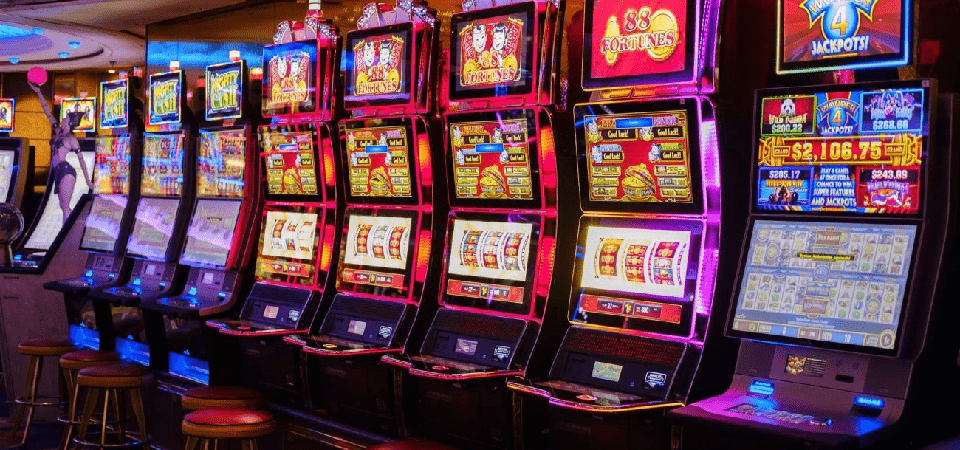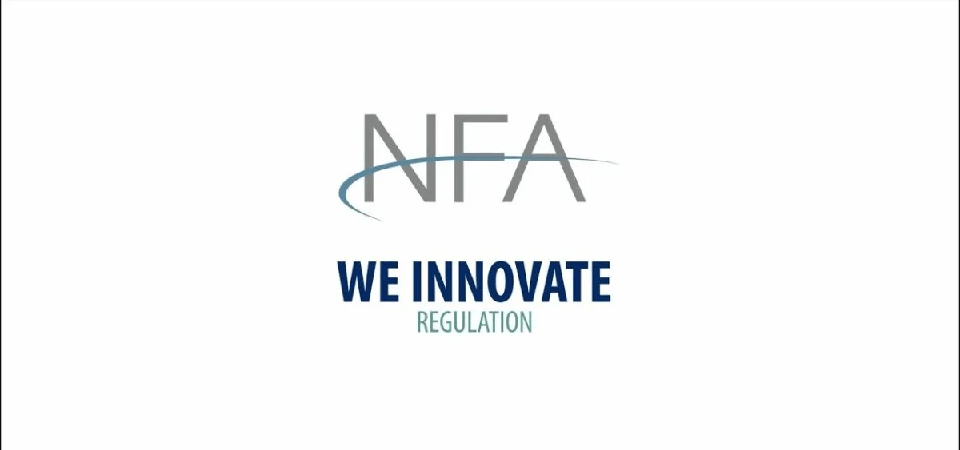Gaming Expansion a ‘Threat to Public Health,’ Policy Experts Opine

According to new data, the world's population is gambling more than ever before, and a public health emergency is about to break out unless the government takes action.
According to the findings of an international commission investigating the effects of gambling's ongoing global spread, public health is seriously threatened by wider access to games of chance.
Twenty-two physicians and PhD researchers with backgrounds in public policy and health make up the Lancet Public Health Commission on Gambling. According to the commission's findings in their study, "Time for a Public Health Response to Gambling," the continued global growth of gambling poses a variety of negative effects on people's relationships, money, and general health.
The Lancet team notes that the ongoing shift of gamblers to online channels raises public health issues, in addition to new states and nations that have legalized casino gambling and/or approved additional gaming establishments.
"For too long, governments — also conflicted because of the benefits they gain from taxes and revenues of a profitable industry — have paid little attention to understanding gambling-related harms. They have relied on oversimplified approaches, pointing to individual responsibility and the dangers for individuals at high-risk. Balancing public health with competing economic interests is now crucial,” the report’s introduction read.
By 2028, it is anticipated that global gaming revenue—that is, player losses—will approach $700 billion annually. Approximately eight out of ten nations now allow gambling in one form or another. Whether legal or not, online gambling is practiced practically everywhere.
Crisis in Public Health
Similar to other addictive goods like alcohol and tobacco, governments and policymakers in jurisdictions where gambling is legal are being urged by the international assembly of researchers to address gaming as a public health concern.
According to the research, there is an urgent need for "effective gambling regulation," which includes limiting or outlawing advertising in order to lessen public exposure to gambling. Programs for universal assistance and treatment for the negative effects of gambling are also recommended.
The most popular responsible gaming programs that put the onus of seeking assistance on the individual, according to health and policy experts, are lousy policies.
They stated that the "so-called responsible gambling paradigm, which keeps the focus on individuals deemed to be gambling problematically and diverts attention away from the nature and conduct of the commercial gambling ecosystem," continues to be the main focus of regulation of gambling harms.
Something Must Be Done
The Lancet investigation focused mostly on interactive online gambling goods, which the commission claims are intended to be "more intense gambling products" because of their fast-paced operations.
“Traditional gambling products, such as lotteries and bingo, now have faster cycles and are continuously accessible through smartphone apps. The boundaries between digital gaming and gambling are becoming blurred, with gaming increasingly acting as a conduit into gambling,” the researchers said.
"Anyone with a mobile phone now has access to what is essentially a casino in their pocket, 24 hours a day,” said Commission Co-Chair Heather Wardle, a professor of gambling research at Scotland’s University of Glasgow. “Highly sophisticated marketing and technology make it easier to start and harder to stop.”
The group cautioned readers about the gaming industry's expected response in its conclusion.
“The industry will claim that their products are enjoyed by millions of people, the overwhelming majority of whom do not suffer adverse consequences, and that such recommendations are unfairly encroaching on the freedom of individuals. This Commission exposes these assertions as deeply misleading,” the report declared.
“Governments have a duty to protect their citizens from harmful and addictive products and to adopt a public health response to gambling,” the report ended.
"The industry has made significant investments towards advancing responsible gaming initiatives" and "expanding consumer resources" to "promote safer gambling," the American Gaming Association told USA Today.
“We firmly support ongoing discussions and the adoption of best practices,” said AGA Strategic Communications Senior VP Joe Maloney.

















